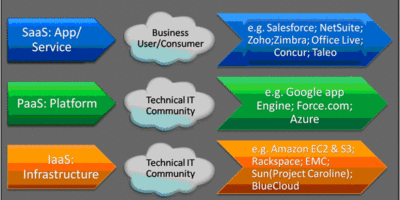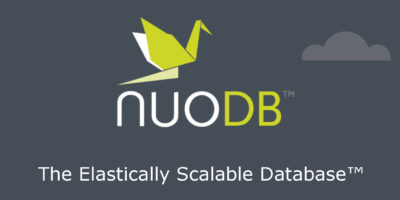Just recently, Facebook admitted that a fake account associated to Kremlin had spent over $100,000 on adverts that showed some political stand with the aim of influencing the American election that was held last year. As such the digital, culture, media and sports committee has written to the tech company demanding the release of all the pages alongside the adverts that are tied to Russia that build up to the EU referendum and culminated in the general election held in June. The committee chairperson Damian Collins on Tuesday wrote to the chief executive officer of Facebook Mark Zuckerberg, requesting for the detailed on the amount the Russian associated accounts used, examples of the adverts, as well as the number of people who saw the adverts.
These demands come as the committee looks into the influence that fake news had had on people, particularly on Facebook where it has thrived, evidently during the election period in the US. The committee will look into the role that foreign actors play into abusing social media platforms with the aim of influencing the political nature of other nations. The last month’s announcement by Facebook about the adverts purchased by Russians in the run-up to Trump election victory created a political storm in the United States. Over 10 million people viewed the said adverts that also appeared on Instagram. They focused on divisive topics including race, immigration, and gun rights among other, which is believed to have been used to propel Donald Trump to the presidency.
On his side, Mr. Zuckerberg has said that it is quite unrealistic to try and stop election campaign interference on Facebook, even though the company has since begun looking into every advert that targets on people by race or political stands. The Facebook spokesperson acknowledged that they received the letter from the committee and promised to give a response promptly. Twitter is yet another social media that was used to create bot accounts that attacked Ms. Clinton during the elections. Bots also influenced the Brexit referendum. Tweets were sent and later deleted to cover up the tracks. It is believed that one out of eight tweets was from a bot. Google also discovered that a Russian Linked organization had purchased adverts on YouTube and its search engines. The Information Commission Office in May began an investigation to determine whether political parties broke any rules by hitting people with adverts.








